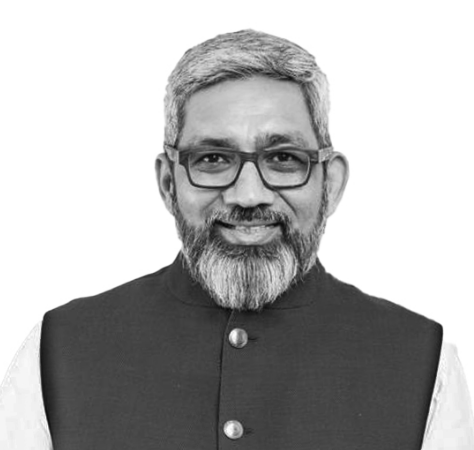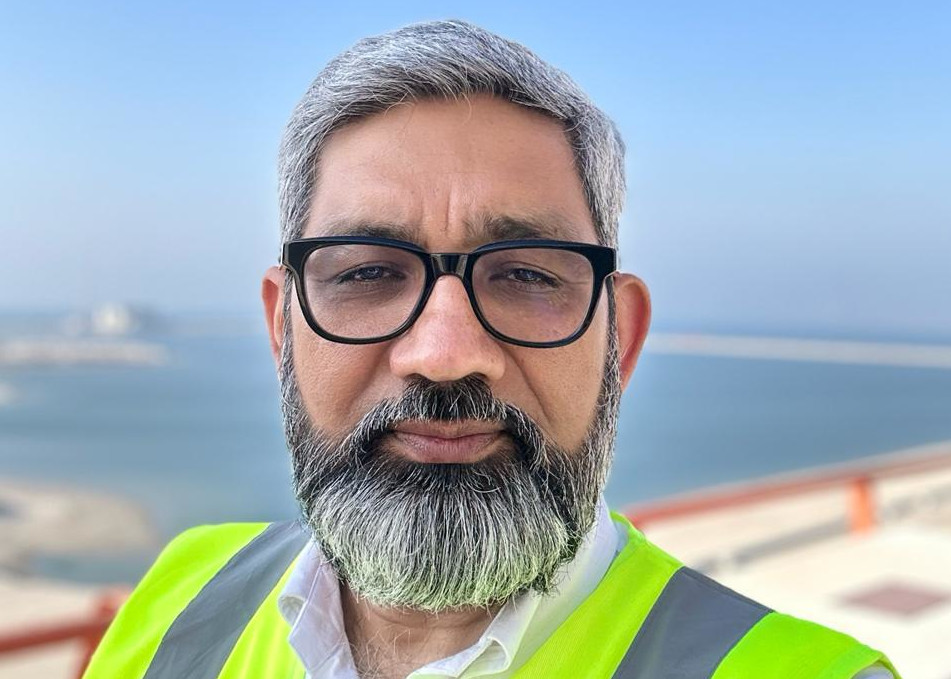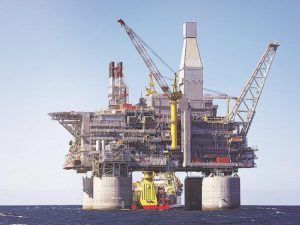
Author: Sambit Mohanty
Editor: Adithya Ram
India’s upstream company Invenire Energy is looking to accelerate production of oil and gas from the discovered fields in its portfolio, but it has no plans to venture into exploration in the foreseeable future, its CEO Mannish Maheshwari told S&P Global Commodity Insights in an interview.
Most of the assets of private equity-backed Invenire are discovered fields in India, which the company has acquired through secondary market purchases from other firms as well as through primary acquisitions directly from the government. The company also has assets in Indonesia and East Africa.
“The very fact that we are pushing upstream investments in India highlights the point that upstream policies in India are now very favorable. We have seen transformative policies in the past three-to-four years in the upstream sector in India.” Maheshwari said.
India in recent years has undertaken a series of upstream reforms, such as handing out marketing freedom to upstream producers.
The oil ministry said in June that India would allow operators to sell locally produced crude in the domestic market without restrictions. Under the previous policy, the operator of a field could not directly sell locally produced crude into the market and needed government permission for any sale of crude and condensate within the country. But under the new policy, the government would cease its function of allocating domestic crude and condensate output.
The government has also moved away from a cost-sharing to a revenue-sharing mechanism, which analysts said is helping to expedite approvals.
Zero exploration exposure
“We have zero exploration exposure on our balance sheet. We have no plans to venture into exploration. We also have a mandate not to do any dirty reservoirs, deep reservoirs or difficult rocks, partly because of environmental reasons and partly because of economic reasons,” Maheshwari said.
The company currently has a small production portfolio of about 12,000 b/d, but it has plans to boost that volume to 35,000 b/d by 2025.
“There is so much of discovered molecules waiting to be delivered in the marketplace. We are investing technical and financial resources to safely maximize production in a time efficient and cost-effective manner,” Maheshwari said, adding that the assets that the group is currently holding in India and overseas has reserves in excess of 200 million barrels of oil equivalent.
Invenire presently holds stakes in nine blocks in India. Out of this, four are Discovered Small Fields (DSF) blocks — one in Assam and three in Mumbai offshore — comprising a total of approximately 100 million barrels equivalent of oil and gas. Invenire holds 100% stake in all these four DSF acreages.
In 2022, Invenire won a CBM block SP-ONHP(CBM)-2021/1 located in the Satpura Basin in Madhya Pradesh, under the Indian Government’s Special CBM Bid Round 2021. The company has 100% stake in the block, which has a potential of 2 tcf.
In the Cauvery offshore, Invenire has two pre-NELP blocks — CY-OS/2 and CY-OS-90/1 (PY-3). In the Cambay offshore, Invenire has 10% non-operating stakes in the CB-OS-2 producing block, while Vedanta and ONGC are the prime stake holders. In the Assam Shelf, Invenire has a 30% stake through its subsidiary JEKPL Pvt. Ltd in the Kharsang producing block.
As far its producing assets are concerned, one field at the Kharsang PSC block is presently producing at 450 boe/d. CB-OS-2 block comprises Lakshmi and Gauri fields and the combined average production from CB-OS-2 block was 12,000 boe/d over April-June.
The joint venture has definite plans to drill additional wells in these producing fields to ramp-up the production. Hardy, operator of the PY-3 field, has charter hired an FPSO to recommence production in the fair-weather window of the last quarter of fiscal year 2023-24. Besides India, Invenire has producing fields with 45.55% participating interest, located in South Sumatra Basin in Indonesia.
Strategic investments
Invenire won the four DSF blocks and one CBM block as 100% operator. In addition, it acquired three companies — HEPI from Hardy Inc, Tata Petrodyne from Tata Sons, and JEKPL Pvt. Ltd. In its recently awarded new blocks, the company is planning to bring its DSF blocks on stream and has plans to commence a core hole drilling campaign in its CBM block, with plans to spend $500 million over the 20-year life cycle of the CBM field.
“Invenire Energy’s upstream plans do show ambition and promise, considering the wider competitive landscape in India. The company’s experience of operating in a tough post-2014 upstream period will certainly influence its post-2023 growth ambitions,” said Rahul Chauhan, upstream analyst at S&P Global.
“I think, for assets outside India, the company might have plans to go as a non-operator JV partner, to take stakes in small-to-medium sized producing assets. The company’s focus is clearly on monetization of discovered resources, having both operator and non-operator portfolios,” he added.
Maheshwari said that India needs to keep investing in the oil and gas sector to ensure that it has plentiful energy resources to meet the exponential growth in demand over the next couple of decades. In the current geopolitical context, the “S” in “ESG” has taken a new dimension of security — be it energy security, food security, both these being crucial elements to ensure security for inclusive growth.
“Besides the geopolitical crisis, I think the current oil price environment is also reflective of the consequences of throttling of capital inflow in the upstream sector over the past decade and a near absence of buffer capacity on the supply side. We need to take a very balanced view of the energy transition. We continue to responsibly invest in upstream assets whilst also building a pipeline of investment in low-to-no carbon businesses,” Maheshwari said.





